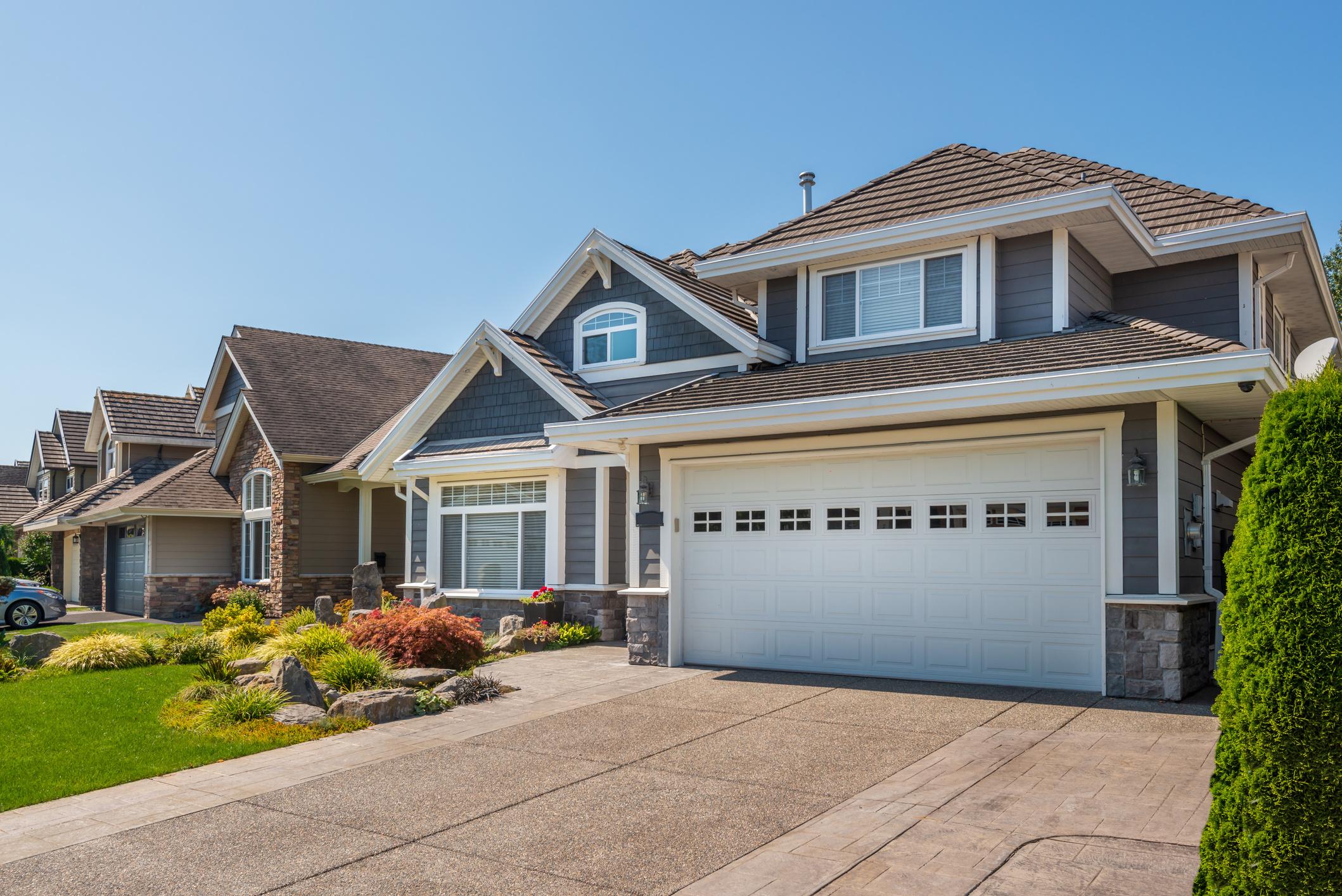
1 minute read
TYPES OF COVERAGE
Please visit our website at www.yourChicagoteam.com for a complete chart showing a deeper comparison of the three forms of coverage below:
1. Homeowner's Title Insurance Policy: The Homeowner’s Policy is only available on single family homes to fourplexs It must be owned by a “natural person ” and not an entity such as a corporation or an LLC In addition to the protections offered in the Standard Policy, the Homeowner’s Policy extends coverage beyond the issue date
Advertisement
Examples include:
You cannot use the land because use as a single family residence violates an existing zoning law or regulation.
You are forced to remove your existing structures which encroach onto an easement or over a building set-back line even if the easement or building set-back line is excepted in your title policy. Your neighbor builds any structure after the policy date other than boundary walls or fences, which encroach onto your land
You do not have both actual vehicular and pedestrian access to and from the land based upon a legal right
2. ALTA Standard Owners Policy: The Owner’s Standard Policy will cover the buyer against issues that could be discovered by an examination of Public Record
Examples of these would be:
A document upon which your title is based was not properly filed, recorded or indexed in the Public Records
Someone else has a right to limit your use of the land.
Someone else claims to have rights affecting your title arising out of forgery or impersonation. Someone else owns an interest in your title.
3. ALTA Extended Owners Policy: The Extended Owner’s Policy offers the most extensive title insurance as it covers not only matters of Public Record but also insures issues that are revealed as a result of a physical inspection or survey of the property. This is commonly issued for high value residential properties, large parcels of vacant land and commercial properties.
Policy coverage examples include:
You are forced to remove your existing structures because they encroach onto our neighbor’s land. Someone else has a legal right to and does refuse to perform a contract to purchase the land, lease it or make a mortgage loan on it because your neighbor’s existing structures encroach onto the land









